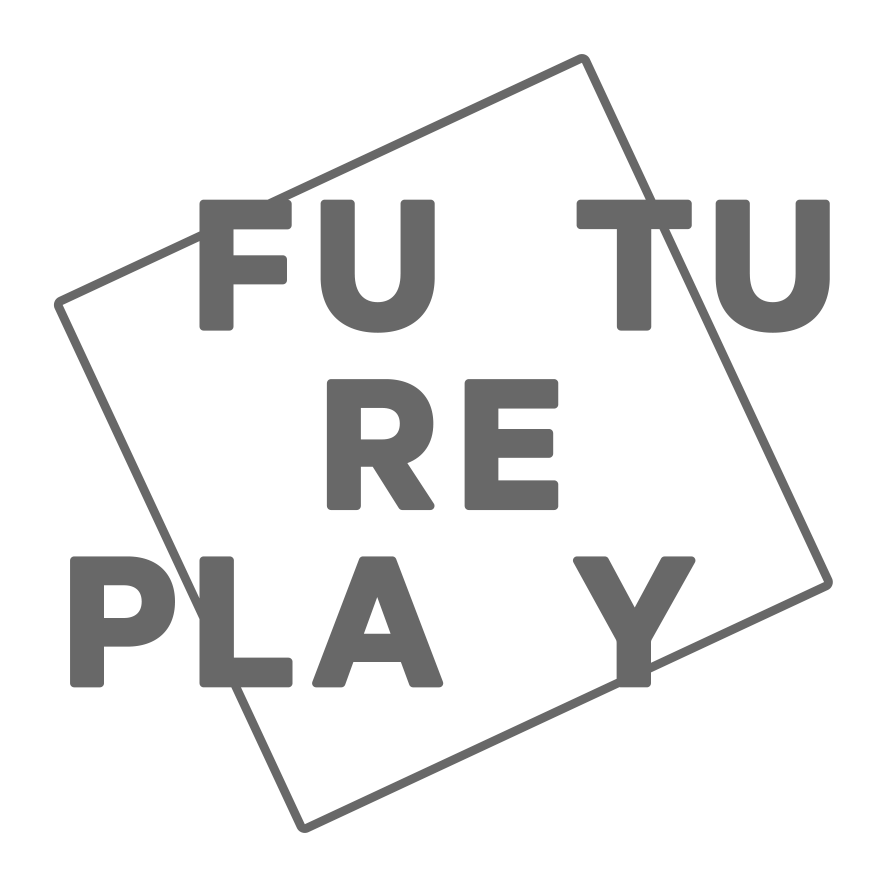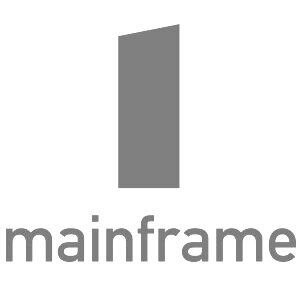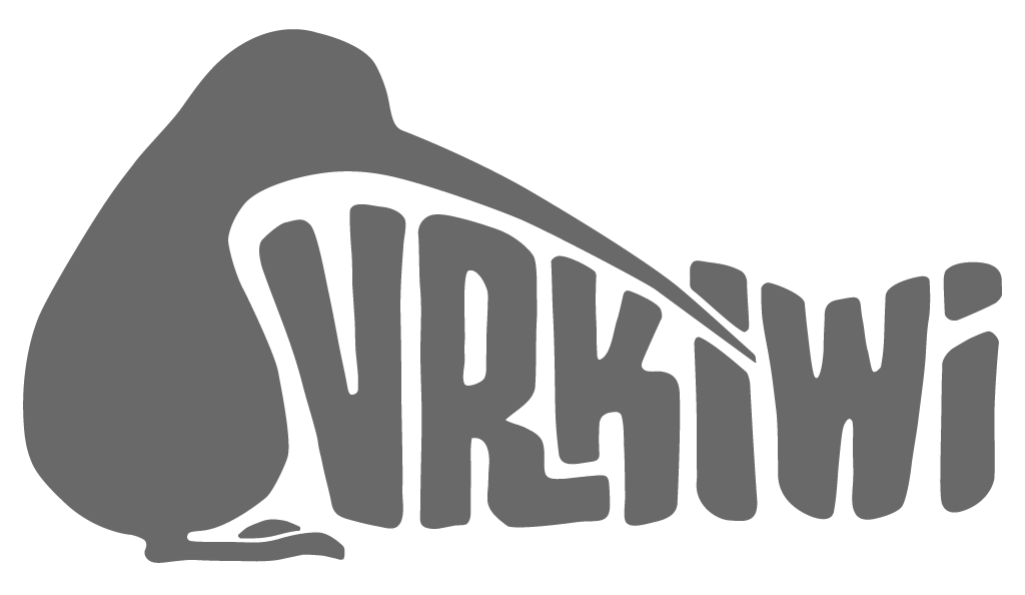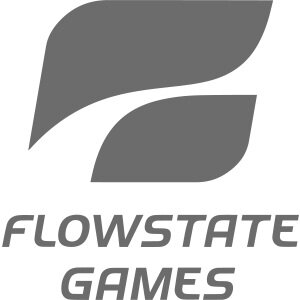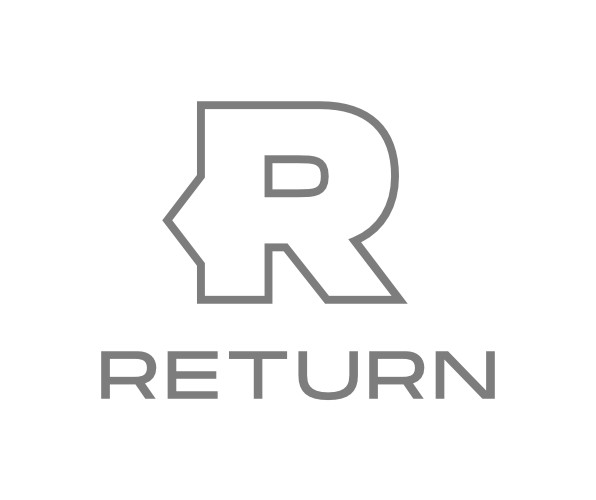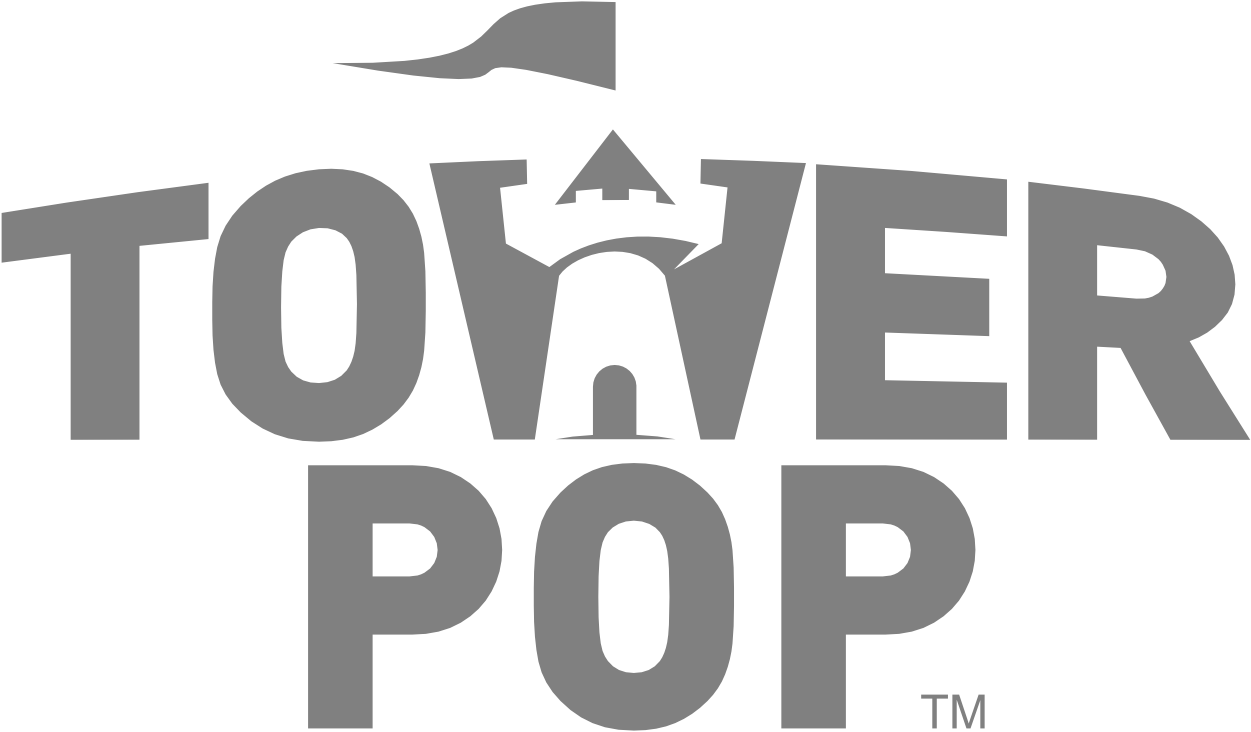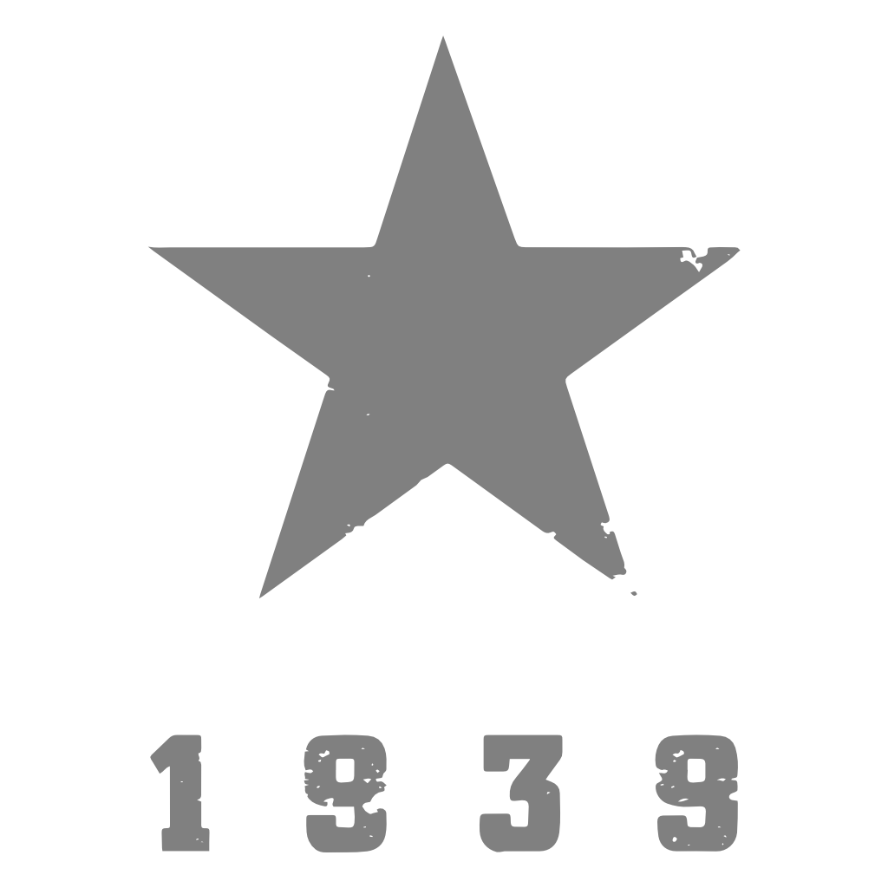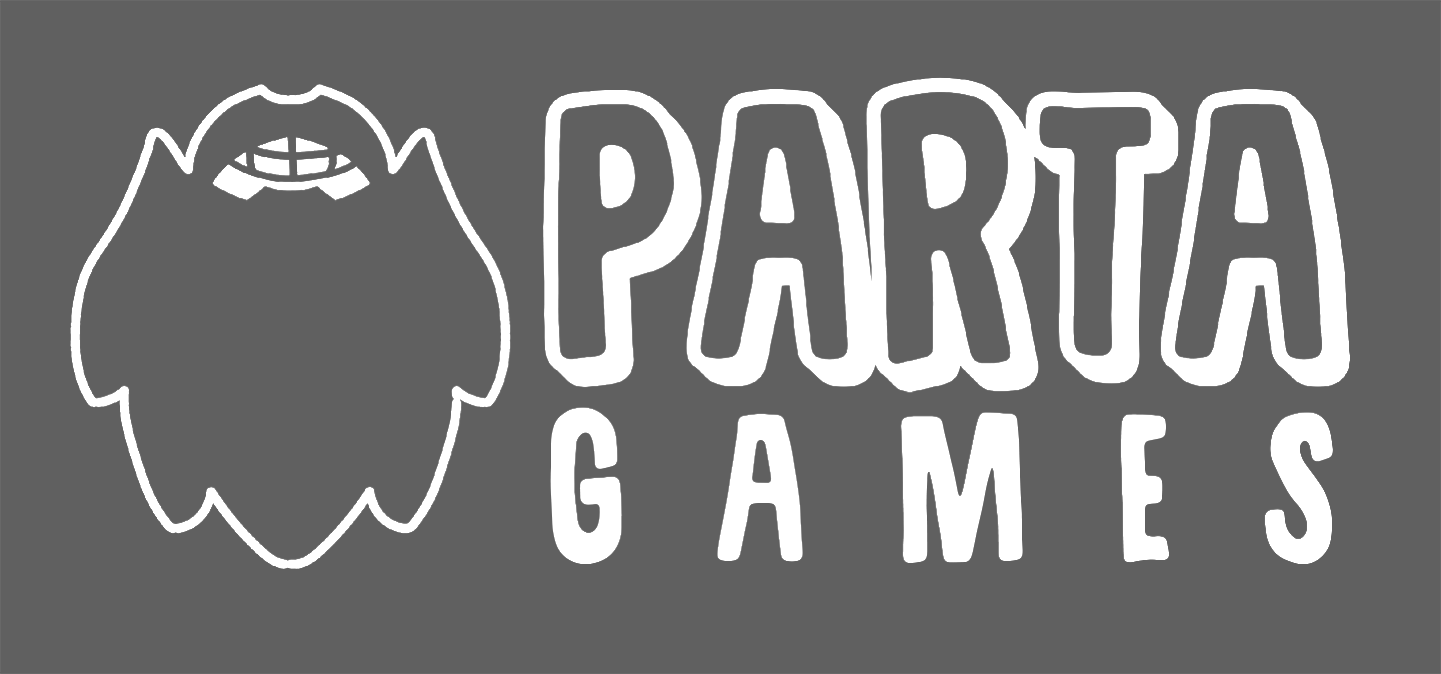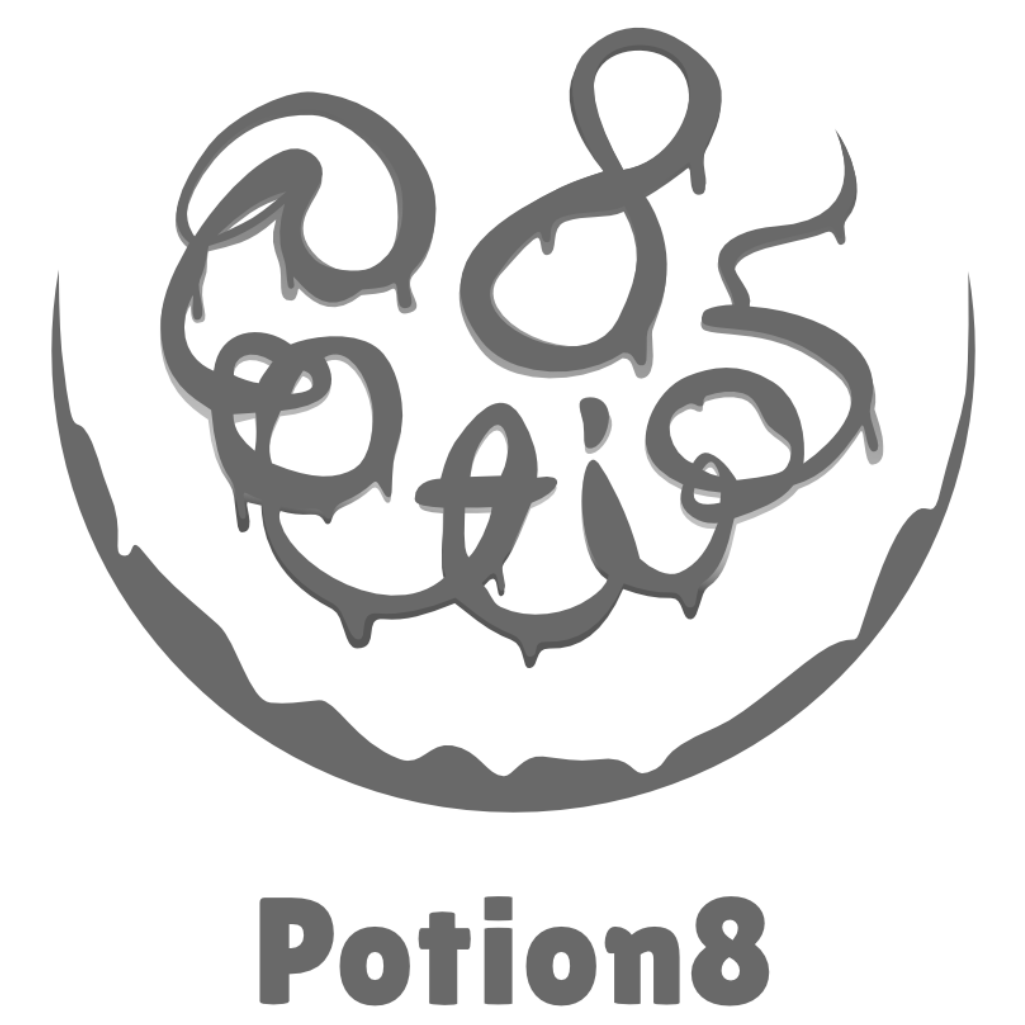Gamedu 2016 connects devs and educators in January
/January has an interesting opportunity for everyone interested in games and education: Gamedu 2016 is a seminar focused on gamification and interactive cooperation between game-related businesses and schools. The two-day event is organized by Kouvola Region Vocational College, KSAO. The goal is to enhance game industry education by connecting educators and industry talent, and reinforcing the dialogue between different operators.
IGDA members will get 10% off of the seminar price. To claim your price reduction state your membership status in the billing information section of the registration form.
Note that the main language of the seminar is Finnish.
Programme
Thursday 9:30 – 16:00
9:30
Coffee & registration
10:00
Opening words – principal Timo Olli (KSAO)
10:20
Building successful game education – game industry veteran and pedagog Juha Huhtakallio (Metropolia)
Break
11:20
Case KSAO/Keuda: BioSampo game – lecturer Jukka Harju (KSAO)
11:40
Business-Akatemia – team leader Tiia Lappalainen (KSAO)
12:00
Lunch
13:00
Game development education in Leeds and in the UK – Abu Berat (Leeds City College)
13:40
Coffee break
14:15
Peliteollisuuden tulevaisuuden osaamistarpeet – education councillor Ulla Taipale-Lehto (Opetushallitus)
14:45
Workshops
16:00
Wrapping up the first day
18:00
Evening programme starts
Friday 9:00 – 14:00
9:00
Helping start-ups – teacher Patricia Toledo (Oulu Game Lab/OAMK)
9:40
Pelialan koulutus yritysten näkökulmasta – CEO Jussi Tähtinen (Nitro Games Ltd)
10:20
Coffee break
10:40
Oppimisen pelillistämisen tarpeet – game pedagog Mauri Laakso (Meillä on leikki kesken)
11:20
Pelit opetuksessa – learning developer Mikael Uusi-Mäkelä (TeacherGaming)
12:00
Wrapping up and closing the seminar
Lunch
There will also be an open forum and pitching workshop, for entrepreneurs and talent to meet.
Event details
Date: 14.-15.1.2016
Venue: KSAO Liiketalous / auditorium, Salpausselänkatu 57, 45100 Kouvola
Price: 45 € (incl. 24% VAT), includes seminar and catering for both days
RSVP by 31.12.2015 at https://bit.ly/gamedu2016
More info: Susanna Rintala, KSAO Aikuisopisto, 020 61 56290, susanna.rintala@ksao.fi
Seminar attendees have a room quota reserved at two local hotels, Cumulus Kouvola and Sokos Hotel Vaakuna. Mention “GAMEDU” while making your reservations.
Vaakuna:
- room for one 99 €, room for two 119 €
- reservations: 020 1234 651, reception.kouvola@sokoshotels.fi
Cumulus:
- room for one 80 €, room for two 95 €
- reservations: 05 789 911, kouvola.cumulus@restel.fi


















